Spanish translation here
Yukio Mishima was one of the giants of twentieth-century Japanese literature. He has exercised an enduring influence on the post-World War II European and North American New Right. In commemoration of his birth, I wish to draw your attention to the following works on this website:
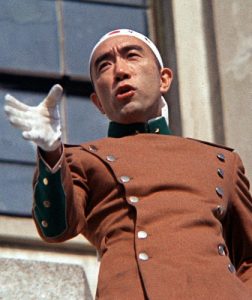
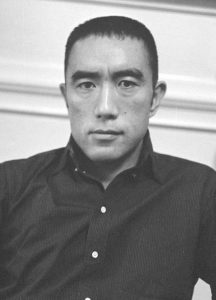
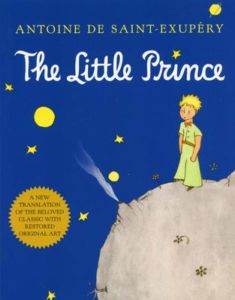
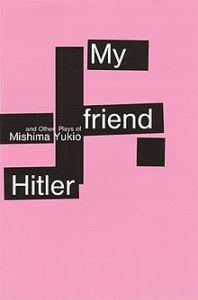
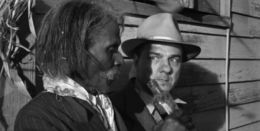
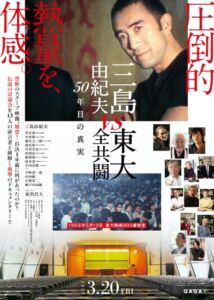
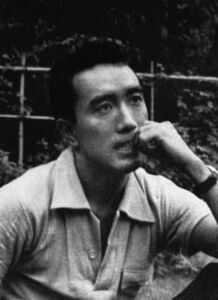
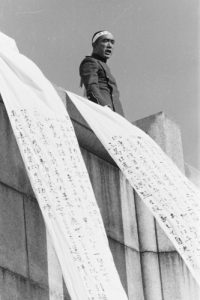
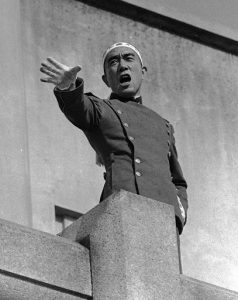

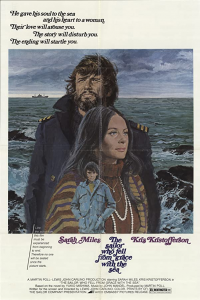 1,256 words
1,256 words